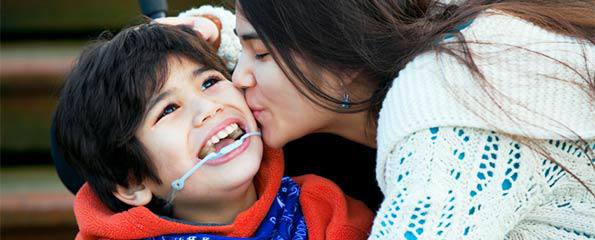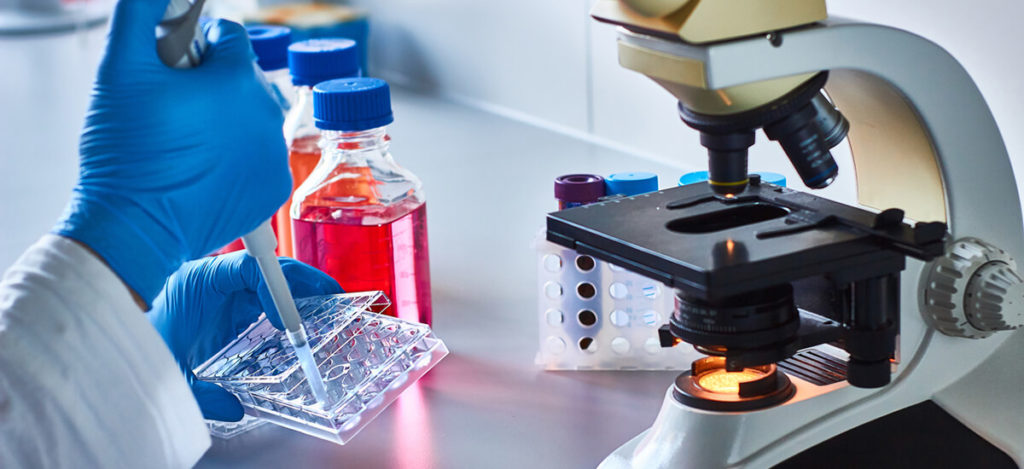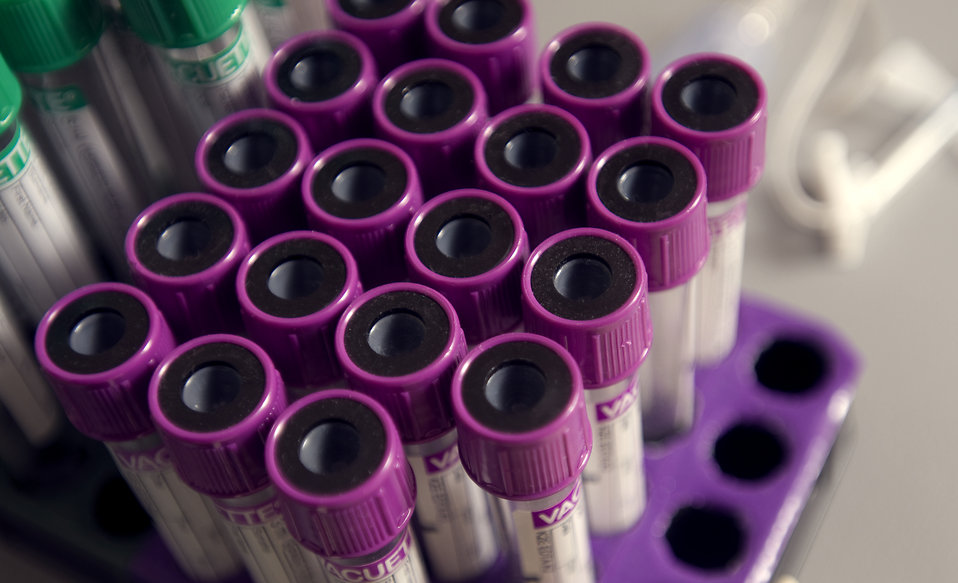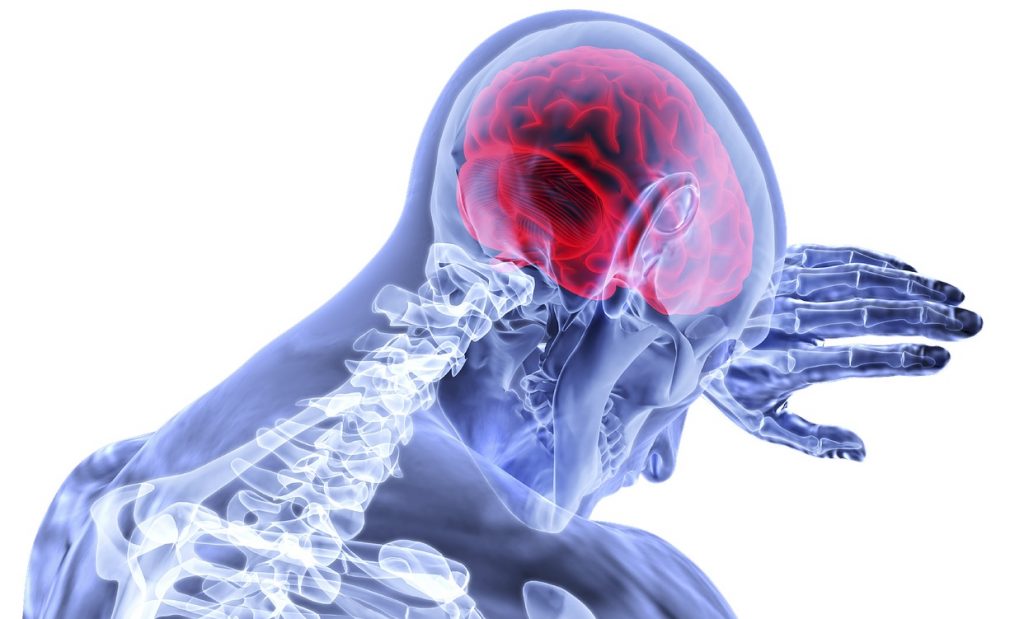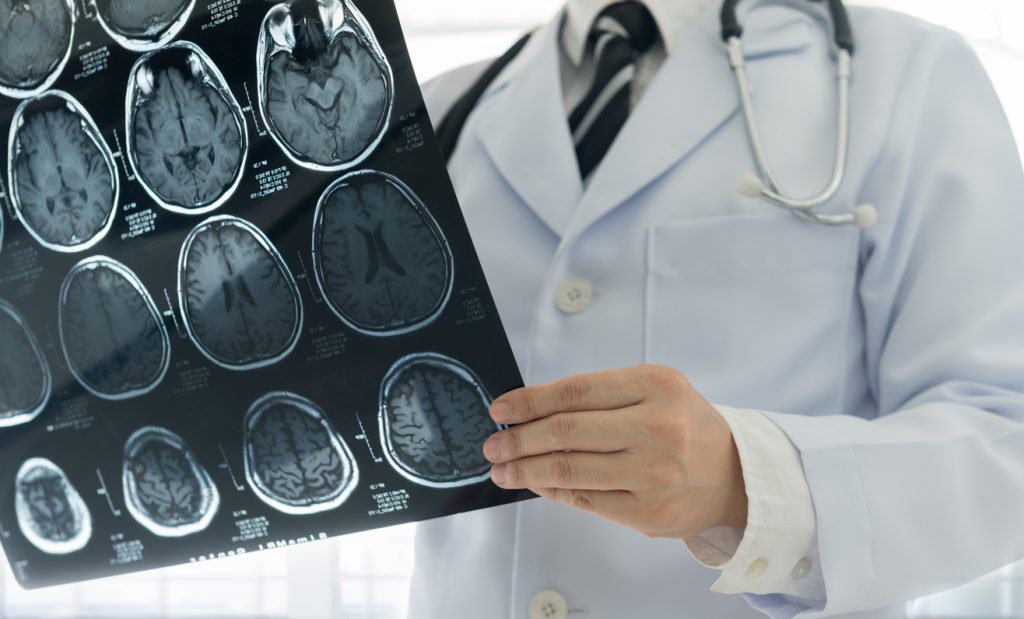RATIONALE: Surgery alone may be effective in treating children with neuroblastoma.
PURPOSE: Phase III trial to study the effectiveness of surgery alone in treating children who have neuroblastoma.
Official Title
Phase III Study of Primary Surgical Therapy in Children With Low-Risk Neuroblastoma
Conditions
– localized resectable neuroblastoma- stage 4S neuroblastoma
Study Type
Interventional
Study Design
Treatment
Further Details
OBJECTIVES:Determine the 95% 3-year survival rate in children with low-risk stage 1, 2A/2B, or 4S asymptomatic neuroblastoma treated with surgery alone. Estimate the response and 3-year event-free survival rates of symptomatic patients treated with chemotherapy. Estimate the event-free survival and overall survival rates in patients who relapse or progress after initial treatment with surgery alone. Determine the acute and chronic toxic effects associated with treating low-risk neuroblastoma with surgery alone or surgery and chemotherapy. OUTLINE: This is a multicenter study. Patients are stratified according to disease stage, MYCN status, age, and histology.Patients undergo primary tumor resection and biopsy of regional nodes. Patients with at least 50% of the tumor resected are followed monthly for 3 months, every 3 months for 9 months, every 6 months for one year, and then annually thereafter. Regimen IPatients with clinically symptomatic (e.g., respiratory distress, spinal cord compromise with or without neurologic deficit, inferior vena cava compression with renal or bowel ischemia, intractable vomiting due to gastrointestinal obstruction, genitourinary obstruction, or coagulopathy) low-risk neuroblastoma or who have less than 50% of the primary tumor resected receive 4 different courses of chemotherapy. Course 1: Patients receive carboplatin IV over 1 hour followed by etoposide IV over 2 hours on day 0 and etoposide only on days 1 and 2. Course 2: Patients receive carboplatin IV over 1 hour, cyclophosphamide IV over 1 hour, and doxorubicin IV over 15-60 minutes on day 1. Course 3: Patients receive cyclophosphamide IV over 1 hour followed by etoposide IV over 2 hours on day 0 and etoposide only on days 1 and 2. Course 4: Patients receive carboplatin IV over 1 hour and etoposide IV over 2 hours followed by doxorubicin IV over 15-60 minutes on day 0 and etoposide only on days 1 and 2. Regimen IIPatients who progress to or recur with unfavorable biology intermediate-risk disease receive an additional 4 courses of chemotherapy. Course 5: Patients receive treatment as in course 3 above. Course 6: Patients receive treatment as in course 2 above. Course 7: Patients receive treatment as in course 1 above. Course 8: Patients receive cyclophosphamide IV over 1 hour followed by doxorubicin IV over 15-60 minutes on day 1. All infants under 60 days of age receive filgrastim (G-CSF) or sargramostim (GM-CSF) subcutaneously beginning 24 to 36 hours after chemotherapy and continuing until blood counts recover. Courses in both regimens repeat every 3 weeks in the absence of unacceptable toxicity.Patients at risk for symptomatic spinal cord compression may also receive chemotherapy. Patients experiencing progressive or recurrent disease after observation undergo repeat surgery and/or chemotherapy as above. Patients with clinically symptomatic disease may also undergo radiotherapy if response to chemotherapy is not rapid. Patients are followed every 2 months for 1 year, every 3 months for 1 year, every 6 months for 1 year, and then annually thereafter.PROJECTED ACCRUAL: A total of 820 patients will be accrued for this study within 4 years.
Study Start
Eligibility & Criteria
Ages Eligible for Study: up to 21 Years, Genders Eligible for Study: Both Criteria DISEASE CHARACTERISTICS:Histologically proven low-risk neuroblastoma (excluding ganglioneuroma) International Neuroblastoma Staging System (INSS) stage 1 in all patients INSS stage 2A or 2B in patients less than 365 days of age INSS stage 2A or 2B tumor with nonamplified MYCN with any Shimada histology in patients ages 1 to 20 years INSS stage 2A or 2B tumor with amplified MYCN with Shimada favorable histology in patients ages 1 to 20 years INSS stage 4S tumors with nonamplified MYCN, Shimada favorable histology, and a DNA index not equal to 1 in patients less than 365 days of age Immediate chemotherapy allowed prior to biopsy for patients with intradural extension and/or emergent paresis if biopsy performed within 96 hours Must have no abnormal organ function unless due to neuroblastoma Concurrent registration on companion biology study (protocol COG-ANBL00B1) or its successor PATIENT CHARACTERISTICS: Age:Under 21 Performance status:Not specified Life expectancy:Not specified Hematopoietic:Not specified Hepatic:Bilirubin less than 1.5 times normal SGOT or SGPT less than 2.5 times normal Renal:Creatinine less than 1.5 times normal Cardiovascular:Shortening fraction greater than 27% by echocardiogram OR Ejection fraction greater than 47% by radionuclide angiogram PRIOR CONCURRENT THERAPY: Biologic therapy:No prior immunotherapy Chemotherapy:See Disease Characteristics Endocrine therapy:No prior hormonal therapy Radiotherapy:No prior radiotherapy Surgery:Prior surgery allowed Other:No other prior therapy
Total Enrolment
820
Contact Details
[1] Children’s Oncology Group[2] National Cancer Institute (NCI) (US)Australia, New South Wales Children’s Hospital at Westmead, Westmead, New South Wales, 2145, Australia; Recruiting Geoffrey McCowage, MD 61-2-984-52122 Sydney Children’s Hospital, Randwick, New South Wales, 2031, Australia; Recruiting Glenn Marshall, MD, MBBS 61-2-9382-1721 g.marshall@unsw.edu.au Australia, Queensland Royal Children’s Hospital, Brisbane, Queensland, 4029, Australia; Recruiting Liane Lockwood, MBBS, FRACP 617-363-61356 liane_lockwood@health.gld.gov.au Australia, South Australia Women’s and Children’s Hospital, North Adelaide, South Australia, 5006, Australia; Recruiting Maria Louis Kirby, MBBS, FRACP 61-8-8161-7411 kirbym@mail.wch.sa.gov.au Australia, Victoria Royal Children’s Hospital, Parkville, Victoria, 3052, Australia; Recruiting David Ashley, MBBS, FRACP, PhD 61-39-345-5522 Australia, Western Australia Princess Margaret Hospital for Children, Perth, Western Australia, 6006, Australia; Recruiting Marianne Phillips, MD 61-89-340-8222 marianne.phillips@health.wa.gov.au
All content and media on the HealthEngine Blog is created and published online for informational purposes only. It is not intended to be a substitute for professional medical advice and should not be relied on as health or personal advice. Always seek the guidance of your doctor or other qualified health professional with any questions you may have regarding your health or a medical condition. Never disregard the advice of a medical professional, or delay in seeking it because of something you have read on this Website. If you think you may have a medical emergency, call your doctor, go to the nearest hospital emergency department, or call the emergency services immediately.

